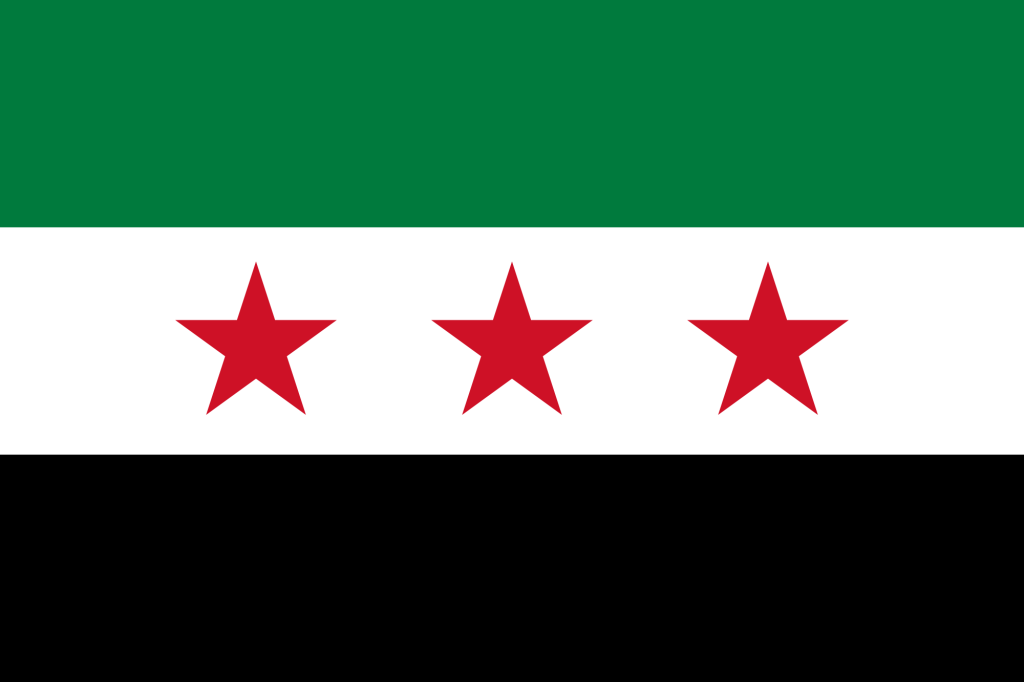UNITED NATIONS (AP) — Pressure is building for the United Nations to condemn Syria over the use of chemical weapons as the Security Council prepares to discuss a report by weapons inspectors that found the Syrian government deployed chemical weapons on at least two occasions and is suspected of deploying them in at least three other instances.
Human Rights Watch on Tuesday called on the Security Council to impose sanctions on the Syrian government over the chemical weapons’ use and to refer the case to the International Criminal Court. The report also found that the Islamic State group, which is already under U.N. sanctions, was behind at least one chemical attack.
“This has been a political minefield for five and a half years but we have something different, we have a U.N.-backed mechanism with a report,” said Louis Charbonneau, U.N. director at Human Rights Watch. “We have it in black and white that the Syrian Government and ISIS are responsible for using chemical weapons, it’s a crime and the Security Council has many tools it can use, so we expect them to use them all.”
The 95-page report compiled by an international team of inspectors and released last week, found that the Syrian government and Islamic State militants carried out chemical attacks in 2014 and 2015 and blamed the government for using chlorine gas in two attacks and Islamic State fighters for using mustard gas in one attack.
The inspectors investigated nine cases in seven towns and determined responsibility in three cases. They said three more attacks pointed toward government involvement but weren’t conclusive, and described three others as inconclusive.
When the report was released, U.S. Ambassador Samantha Power said the inspectors’ findings mirrored “numerous other confirmed cases of chemical weapons use across Syria, and countless other allegations of such use, including as recently as several weeks ago.”
Inspectors said that between December 2015 and August 2016 they received more than 130 new allegations from U.N. member states of the use of chemical weapons or toxic chemicals as weapons in Syria. They said the attacks involved sarin, mustard gas, VX nerve gas, chlorine, and 61 other toxic chemicals.
In September 2013, Syria accepted a Russian proposal to relinquish its chemical weapons stockpile and join the Chemical Weapons Convention. That averted a U.S. military strike in response to an alleged chemical weapons attack that killed hundreds in the Damascus suburb of Ghouta.
“One thing that we have here is that there is a treaty. Syria is a party to this treaty, they violated it. This is clear. The report shows that you can’t just let them walk away violating the treaty without there being some kind of consequences, otherwise what value is the treaty?” Charbonneau said.
Still, it was unclear if Russia, Syria’s close ally with the power to veto Security Council resolutions, would support sanctions.
Last week, Russia’s U.N. Ambassador Vitaly Churkin said the findings needed to be studied by experts and he sidestepped questions about the team’s conclusion that the Syrian government used chlorine gas in two attacks, adding that the report is “very technical,” `’quite complicated” and needs study.
Copyright 2024 The Associated Press. All rights reserved. This material may not be published, broadcast, rewritten or redistributed.

